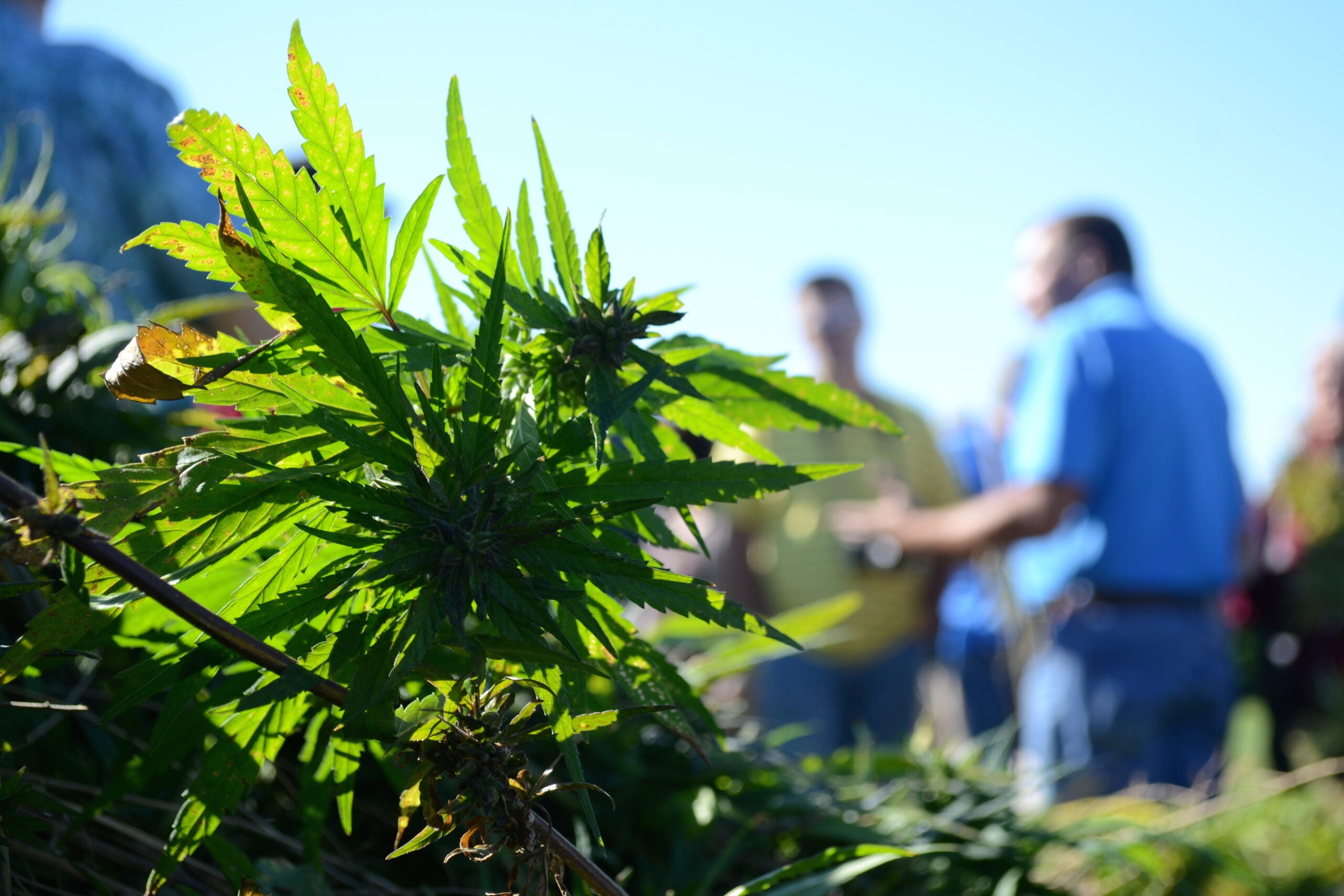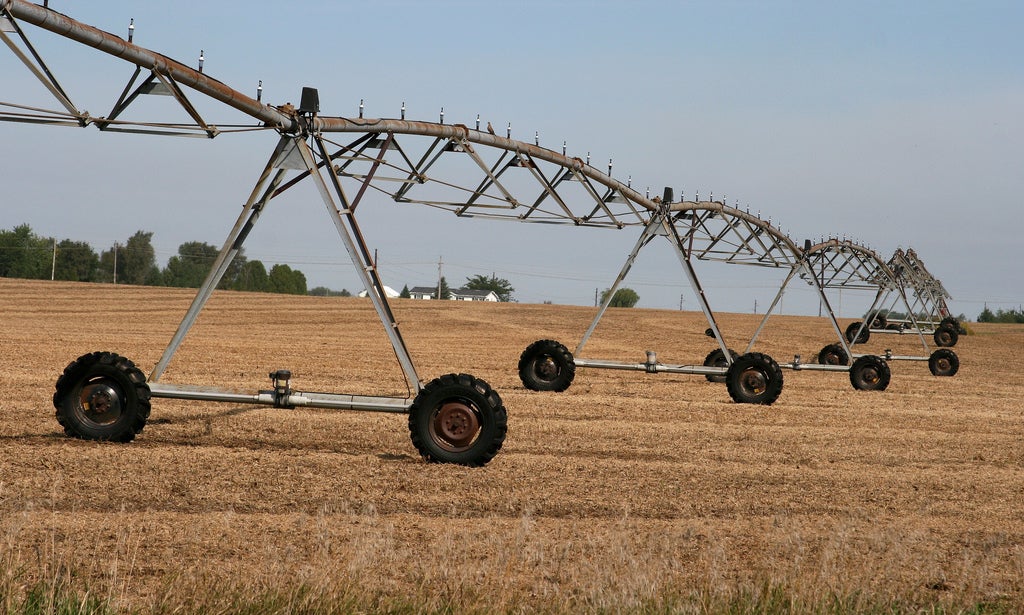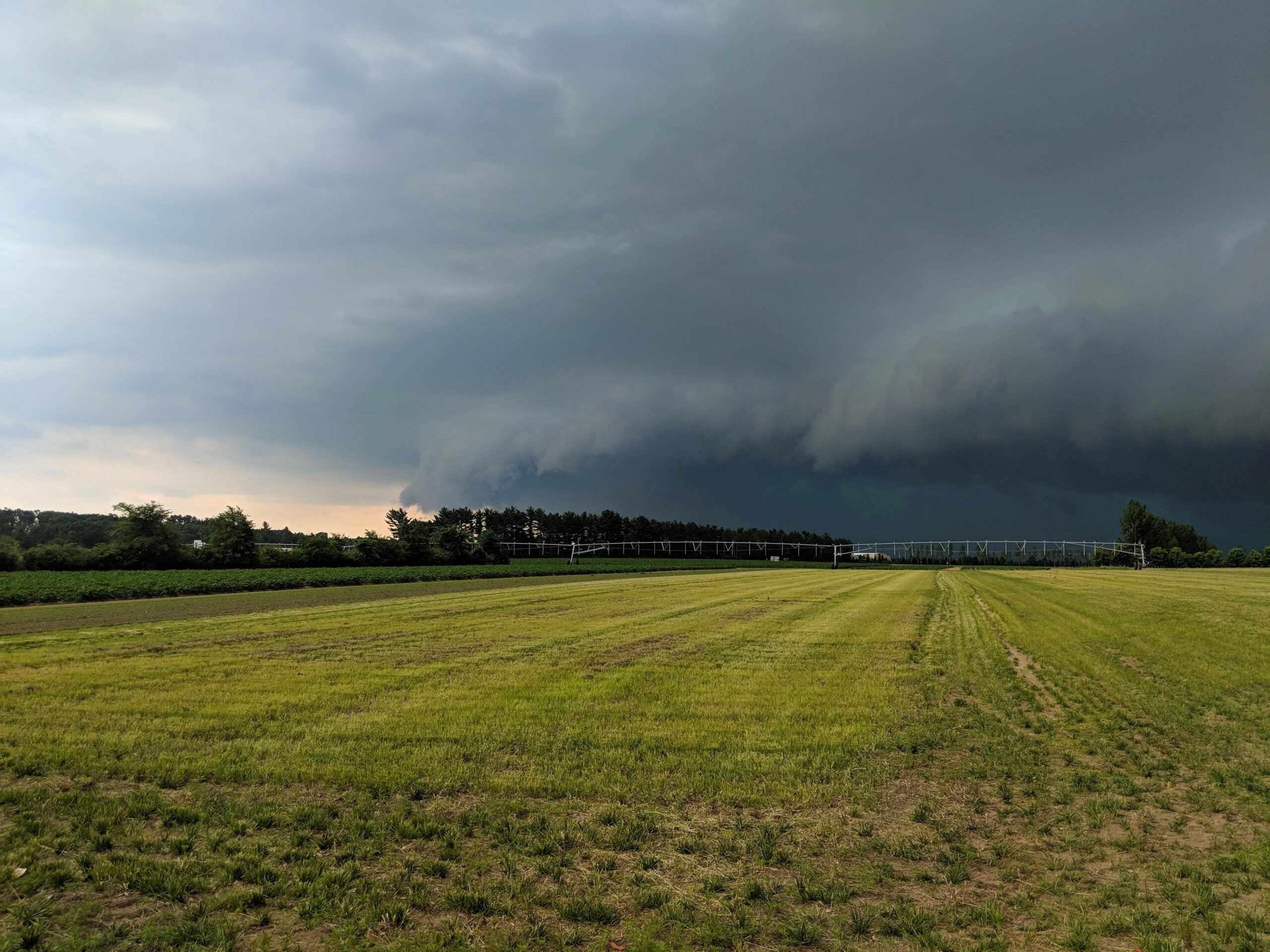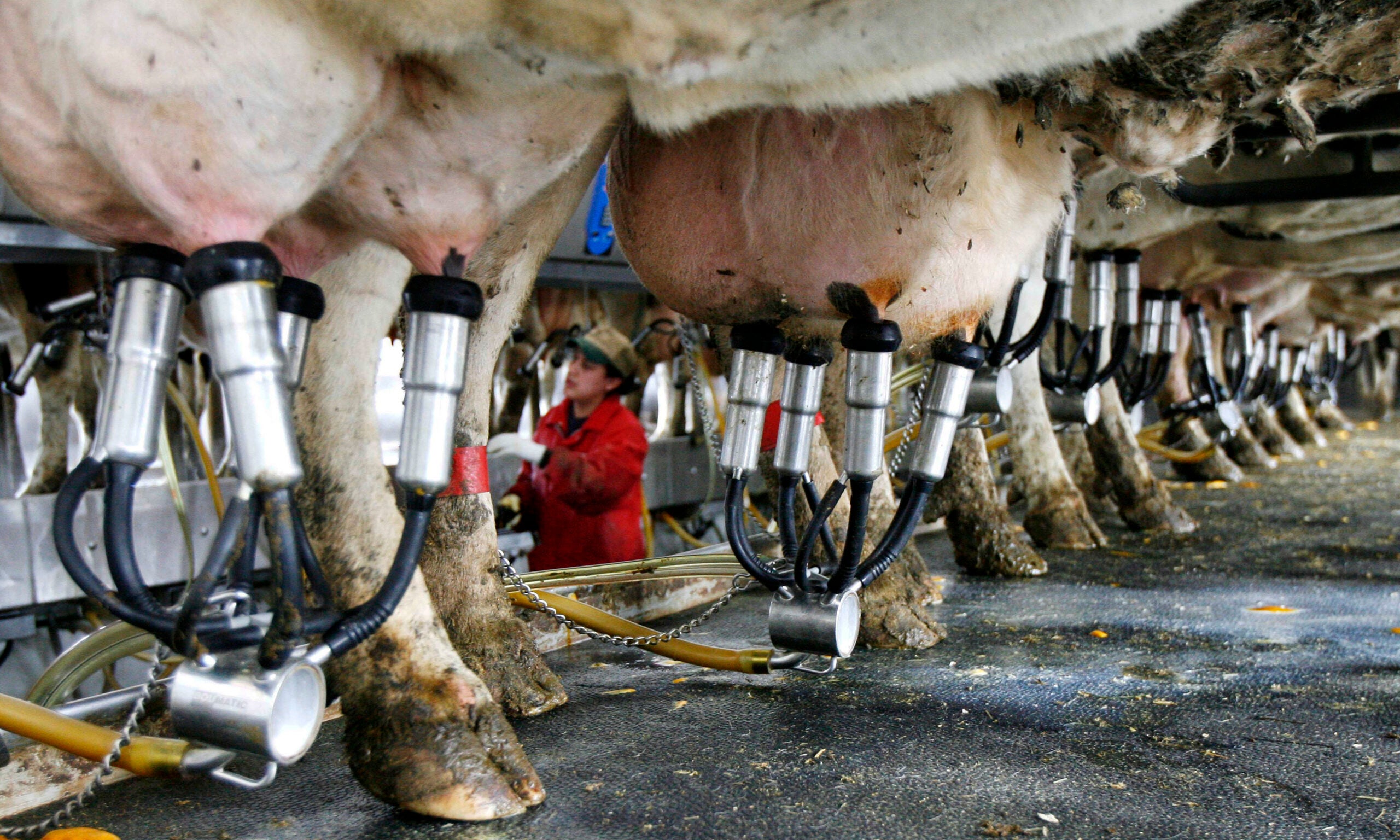Proposed federal legislation could make it easier for industrial hemp growers and processors to set up shop in Wisconsin.
The Hemp Farming Act of 2018 would remove industrial hemp from the federal list of controlled substances.
Growing hemp is currently allowed under the 2014 Farm Bill, which gives states the power to create their own research program for the crop. Wisconsin lawmakers passed legislation last fall to create the state’s hemp program, following 33 other states including Minnesota and North Dakota.
Stay informed on the latest news
Sign up for WPR’s email newsletter.
But because hemp is listed under the federal Controlled Substances Act, confusion over the legality of growing and processing hemp continues.
The new federal legislation would clarify that hemp is a legal agricultural commodity and make it eligible for some U.S. Department of Agriculture programs.
“If this were to pass at the federal level, it would give growers much more comfort and confidence in kind of where the line is and kind of clarify a number of things that are murky,” said Brian Kuhn, director of the Plant Industry Bureau for the Wisconsin Department of Agriculture, Trade and Consumer Protection, which regulates Wisconsin’s hemp program.
Kuhn said the proposed law would continue to have states regulate hemp production, which means DATCP officials wouldn’t have to make major changes to the state’s new program. The bill would also allow hemp to be covered by federal crop insurance.
“(Access to crop insurance) will probably open the door to a fair amount of growers who are sitting on the sideline worried about not being able to get any kind of insurance for that crop,” Kuhn said.
More than 100 Wisconsin producers have applied to grow hemp during the program’s first growing season. Kuhn said DATCP is also expecting a last minute surge of applications to come in before the May 1 deadline.
Karen Gefvert, director of governmental relations for the Wisconsin Farm Bureau Federation, said the proposed bill would also encourage processors and manufacturers to set up their hemp business in the state.
“It’s essentially the manufacturers who are having the hesitation to really invest heavily in some sort of a facility without the security of knowing their business is legal and safe and that they’re not going to face retribution from the (U.S. Drug Enforcement Administration) or any other law enforcement,” Gefvert said.
Gefvert said Wisconsin has an advantage over other hemp-producing states because of the large amount of organic farmland in the state. But she said the state’s farmers need better access to buyers to grow the industry.
The proposed legislation would also make hemp research projects eligible for USDA grants
“There’s a lot of potential in hemp and I think people see that,” Kuhn said. “(While) there are quite a wide variety of things that it could go into in the immediate, that research is needed to really kind of continue to explore the potential that it has.”
The Hemp Farming Act is currently on the calendar for the U.S. Senate and is being considered by the U.S. House Committee on Agriculture.
Wisconsin Public Radio, © Copyright 2025, Board of Regents of the University of Wisconsin System and Wisconsin Educational Communications Board.





